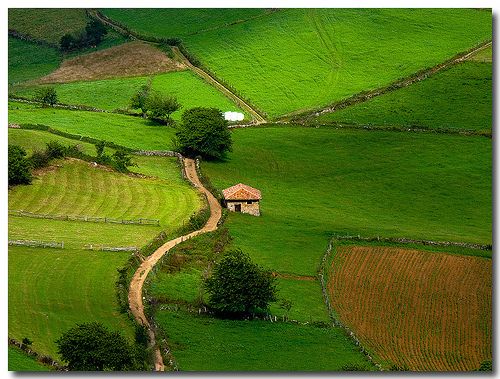Rural areas cover 91.3% of Spanish territory, however, accommodate only 31% of the population who, tired of the shortage of labor supply, health services and entertainment oportunities, finally ends moving to a big city.
This situation, ongoing for more than four decades, has left more than 3,000 deserted towns in Spain, which are a great oportunity for business.
Projects in rural areas receive grants which generally come from the European Union, which gives each member an amount designed to implement rural development programs. In the case of Spain, the budget for the current period amounts to 13.8 million euros. Of these, 7.2 million is earmarked for the promotion of initiatives in rural areas, the rest goes to direct aid to agriculture.
These funds are channeled through local action groups. Currently, there are about 300 in Spain, divided by regions. Composed of public entities (50%) and various culture, entrepreneurs, youth and agriculture associations who decide what project is awarded funding, according to the needs of each region.
Every one of these groups can manage around 1.5 million euros, this amount is received every six years.Besides the subsidies, rural development action groups also assist in the management and processing of permits needed to develop these initiatives.
In addition, new companies created in rural areas can benefit from agreements that these development groups have with different savings banks and banks that facilitate access to finance.
The implementation of rural development initiatives do not necessarily entails the purchase of land. In the case of municipal land or buildings owned by religious institutions, the way to make use of the land can also be a public concession.
New obtained from Expansion, translated and adapted for you by Maria de Castro

Asturias countryside by Mapicruz Antitaurina at Flickr.com